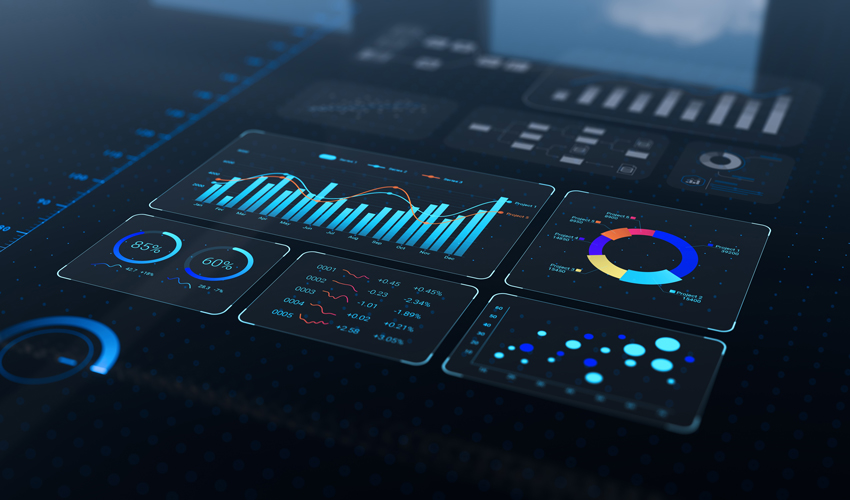
by George Whittaker
Introduction
In today's data-driven world, statistical analysis plays a critical role in uncovering insights, validating hypotheses, and driving decision-making across industries. R, a powerful programming language for statistical computing, has become a staple in data analysis due to its extensive library of tools and visualizations. Combined with the robustness of Linux, a favored platform for developers and data professionals, R becomes even more effective. This guide explores the synergy between R and Linux, offering a step-by-step approach to setting up your environment, performing analyses, and optimizing workflows.
Why Combine R and Linux?
Both R and Linux share a fundamental principle: they are open source and community-driven. This synergy brings several benefits:
- Performance: Linux provides a stable and resource-efficient environment, enabling seamless execution of computationally intensive R scripts.
- Customization: Both platforms offer immense flexibility, allowing users to tailor their tools to specific needs.
- Integration: Linux’s command-line tools complement R’s analytical capabilities, enabling automation and integration with other software.
- Security: Linux’s robust security features make it a trusted choice for sensitive data analysis tasks.
Installing Linux
If you’re new to Linux, consider starting with beginner-friendly distributions such as Ubuntu or Fedora. These distributions come with user-friendly interfaces and vast support communities.
Installing R and RStudio
- Install R: Use your distribution’s package manager. For example, on Ubuntu:
sudo apt update
sudo apt install r-base - Install RStudio: Download the RStudio .deb file from RStudio’s website and install it:
sudo dpkg -i rstudio-x.yy.zz-amd64.deb - Verify Installation: Launch RStudio and check if R is working by running:
version
- Update R packages:
update.packages() - Install essential packages:
install.packages(c("dplyr", "ggplot2", "tidyr"))
R's ecosystem boasts a wide range of packages for various statistical tasks:
- Data Manipulation:
- dplyr and tidyr for transforming and cleaning data.
Go to Full Article
More...